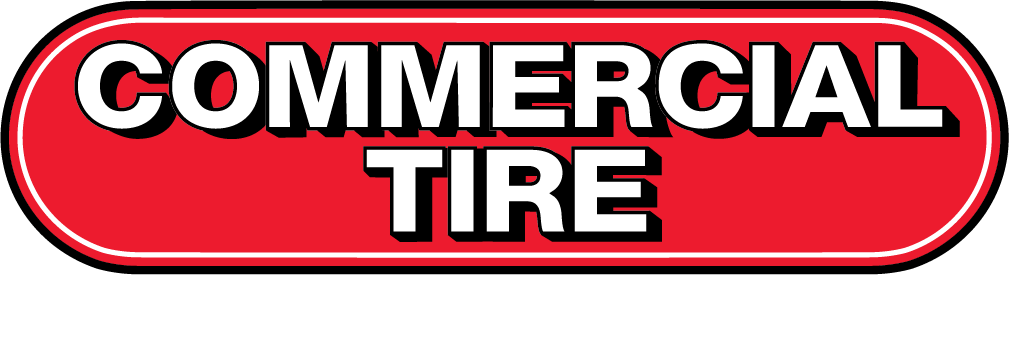If you drive a car, you’re no stranger to taking it in for an oil change. While the technicians working on your car are trained and know what they’re doing, it doesn’t hurt to have some idea of what’s going into your car. Check out these five must-know things about oil changes for your vehicle.
When To Check Your Vehicle’s Oil
Changing your car’s oil regularly is one of the most important routine vehicle maintenance tasks. An engine’s ability to work properly depends on the use of motor oil. Your engine will only run for a few minutes or less if you don’t have it. The oil is used to lubricate all the metal moving parts within, preventing metal-to-metal contact and engine damage, as well as lowering friction. The old oil will degrade over time and lose its effectiveness, which only emphasizes the importance of fluid exchanges during your routine maintenance. We recommend checking oil levels at least once a month.
Knowing When To Change Your Oil
Different makes and models of cars are going to have different recommendations for the amount of time or miles between oil changes. Generally, expect to get one every 5,000 to 10,000 miles. And if you’re not the kind of person to drive more than a few thousand miles a year, you should be getting your motor oil changed at least once a year.
Understanding Oil Grades
When it’s time for an oil change, you have a seemingly limitless selection of oil types and weights. The shelves of your neighborhood auto parts store or supermarket have many rows of different brands. Your owner’s handbook will state what quality of oil is best for your vehicle. Use only products of the appropriate grading level. This is the most important must-know thing about oil changes for your vehicle.
Selecting the Right Type of Oil
Once you’ve figured out what sort of oil to use in your engine, the next decision is whether to use conventional oil or synthetic oil. Synthetic oil has many oil benefits due to the research that goes into its composition, in addition to its capacity to be manufactured at an exceptionally low viscosity. If your engine came with synthetic oil already in it, don’t change it out for another oil type.
Choosing the Right Oil Filter for Your Vehicle
In addition to engine oil, the oil filter that cleans the oil must fit the engine’s specifications. Canister and cartridge oil filters are the two most common types of oil filters. The filter’s job is to keep your engine oil clean in between changes. Regular oil changes are a good opportunity to replace the filter. There are hundreds of filters to select from, but only one size is going to fit your engine. That information is unlikely to be found in your vehicle’s owner’s handbook. Schedule a consultation with a qualified expert if you have questions about how to maintain your engine performance or how often you should get your car’s oil changed.
Expert Oil Change Services at Commercial Tire
Now that you know a little bit about your car’s oil change, swing by your local Commercial Tire shop and let one of our experts complete a full oil change service for you! Our technicians are equipped with the knowledge and tools to ensure your car runs smoothly and efficiently. But our expertise doesn’t stop at oil changes—we also offer brake repairs, tire alignments, and a host of other vehicle maintenance services. Regular oil changes not only extend the life of your engine but also enhance your vehicle’s overall performance. By addressing brakes, tires, and more, we ensure your vehicle remains in top condition. Visit us today and experience comprehensive service with every visit.
